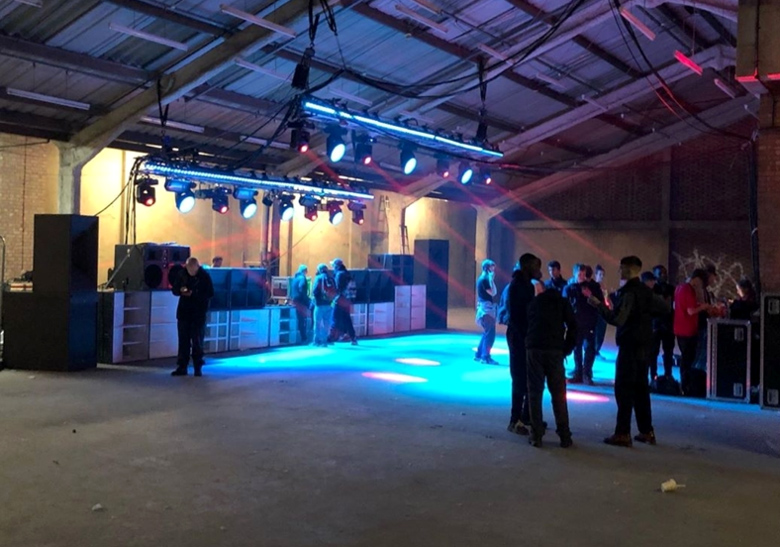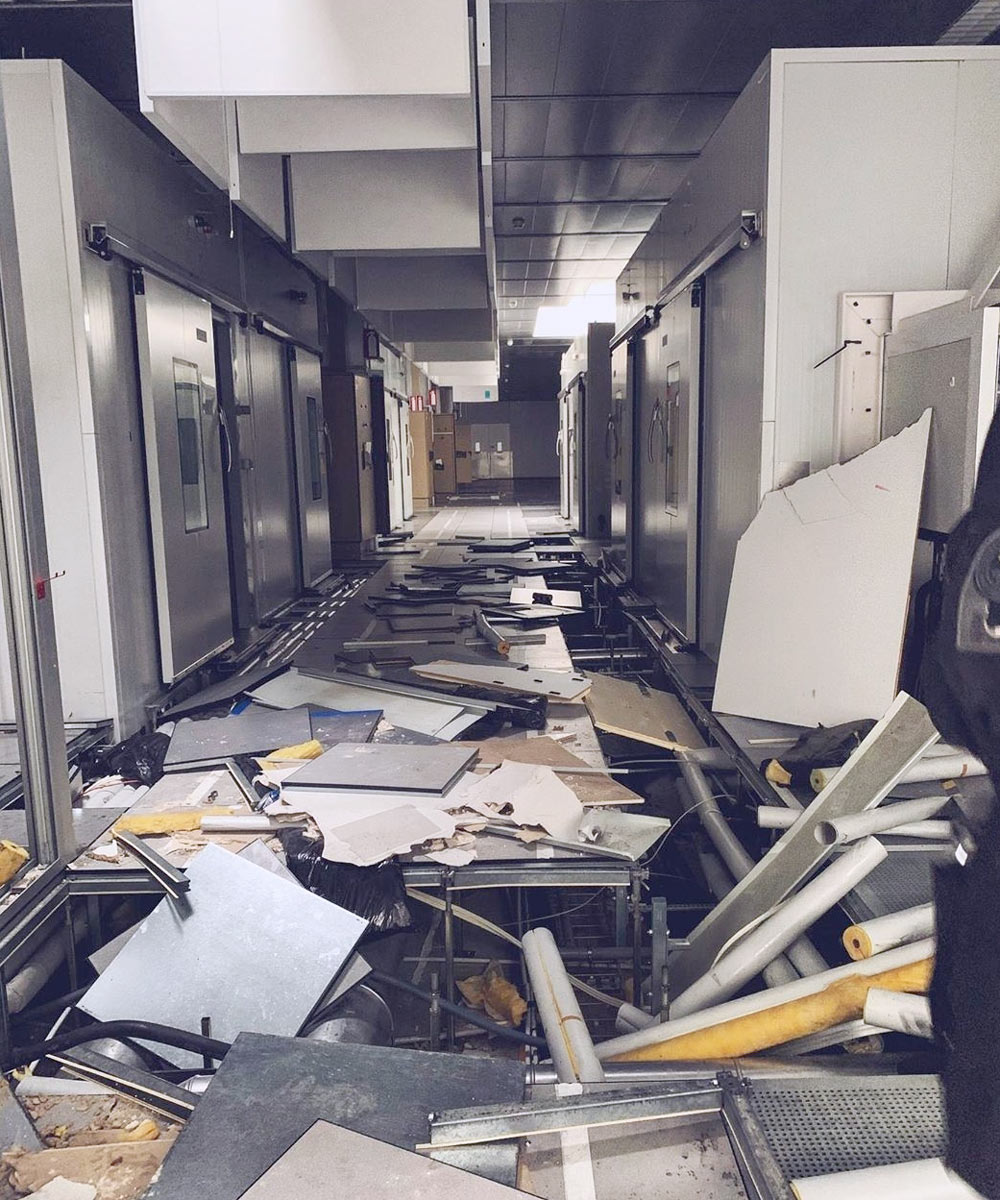Illegal Raves: Selection & initial entry
With projected easing of coronavirus lockdown restrictions, there is an expectation that the number of illegal raves happening will see a rapid increase. In order to combat illegal raves, it is important to have an understanding of how these are organised and what measures (both passive & active) can be implemented to help protect businesses & landowners against these.
This document is part of a series that aims to help provide an understanding along with methods to tackle the key stages of an illegal rave. The first stage is selection & initial entry.
Venue Selection
This is the first and most important stage to any illegal rave, without a venue they cannot operate. Venues are often selected using a 3-stage process:
- Initial selection
- Initial visit
- Entry attempt
The majority of venues are found through a combination of online research through listings for vacant property and insider knowledge, this can come from: former tenants, 3rd parties, local knowledge etc. Once a venue has been identified, an initial visit will take place to see if there is scope to use this as a venue and then a subsequent entry attempt. If entry is gained, it is very likely this venue will be used.
At a glance
Often the signs of an initial entry attempt can look like vandalism or the result of poor maintenance, things such as an air vent being slightly crooked, or a windowpane being broken but these can often provide valuable insight to rave organisers. If a property is damaged and that damage is still present several days later with no signs of repair, it could be assumed that the property is either not regularly visited or it is visited but without the level of diligence to identify these issues.
What can businesses & landowners do to prevent this from happening?
The first port of call should be forming good relationships with your neighbours & other businesses in the area, these along with having a working relationship with the local police can help to form a sort of neighbourhood watch. Other good options are security patrols, these are especially worth looking into if you already have an existing security provider than can also offer the service, if several other businesses in the area or estate also come on board then this can help towards the costs or ensure the security patrol remains on site for longer.
What changes can be made to a property to protect against this?
The first priority should be to make the property less attractive as a venue, this can most easily be achieved with: CCTV, motion sensor lights and alarms. Other softer measures can be implemented such as hedging & shrubbery with thorns to prevent easy access vulnerable or out of sight areas. General housekeeping can also play a big part in this, anything that can be used as a tool or a weapon should be cleared away, likewise with boxes/packing/racking/bins etc that could be used to assist with entry through high windows/vents or to climb over fences & walls.
For vacant properties, as a minimum they should be alarmed and ideally have either a regular security patrol that checks the building or a suitable remote view CCTV system. We would encourage against quick “fly-by” style mobile patrols as this can often result in the cost associated with patrols but with issues still going unreported. As a gold standard, we recommend boarding up properties or installing steel bars to windows along with shutters on doors, fire exits should be fitted with deadbolts (top, middle & bottom) to prevent crowbar entry, alarms and CCTV systems are also worthwhile investments so long as there is a suitable monitoring network to support them and react quickly in the event of an incident.
What other measures can be taken?
The online footprint of most commercial or light-industrial premises is considerably larger than you would think, it is not uncommon for images dating back into the early 2000’s to surface on the internet that can provide valuable insight into the layout of a property. Online listings for letting/estate agents also can be a gold mine for location scouts & illegal rave organisers, whilst not always practicable, listings should avoid showing photographs that will provide intelligence to organisers. Simple things such as photos showing: the inside of security doors & locking methods, windows along with how far they can open, locations of fire exits, placement of alarm panels & sensors could be the difference between a venue being overlooked by illegal rave organisers or the property owner/tenant having to deal with the aftermath of an illegal rave.
For further information regarding illegal raves, security measures that can be employed in combating them or for a digital copy of our illegal rave’s dossier, contact GRC Group at: Security@grcgroup.co.uk


